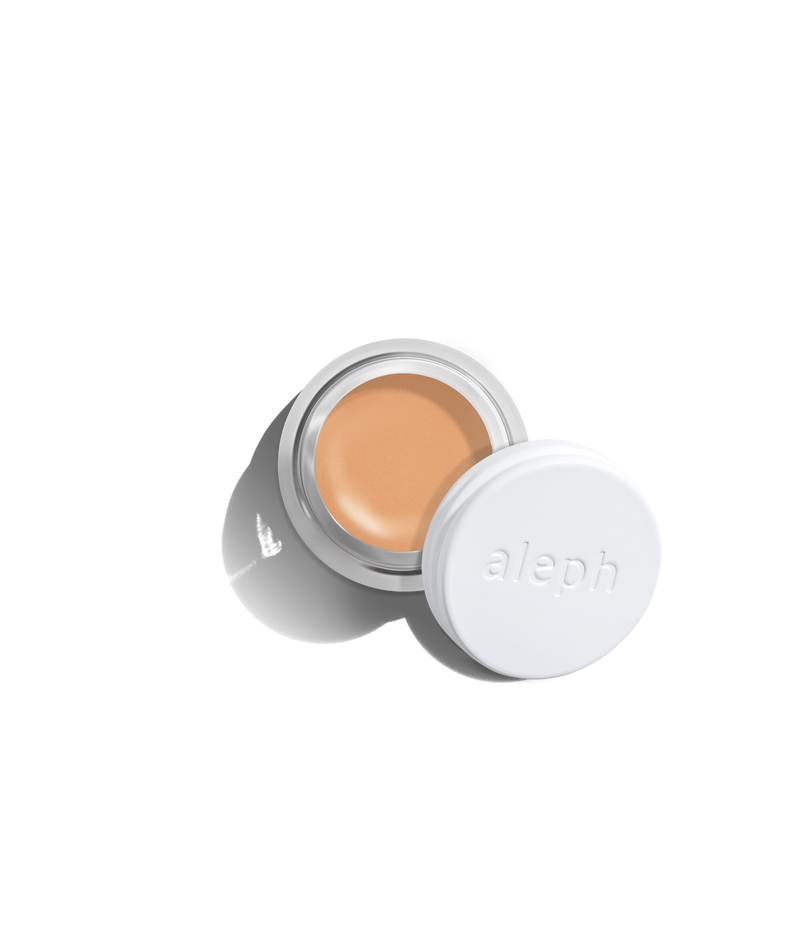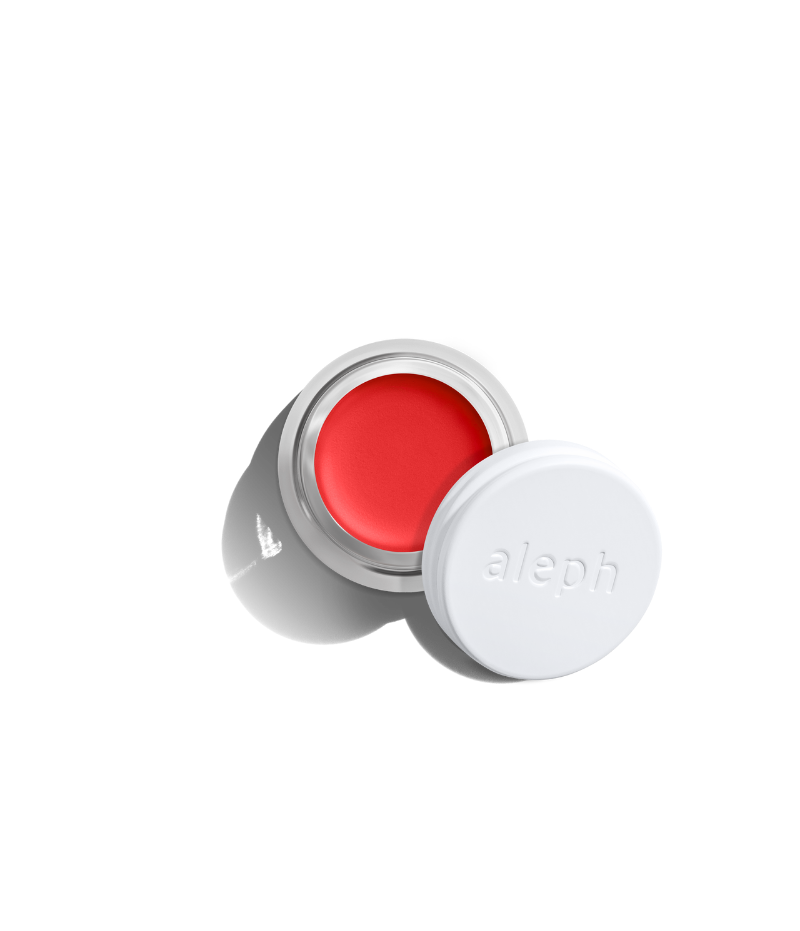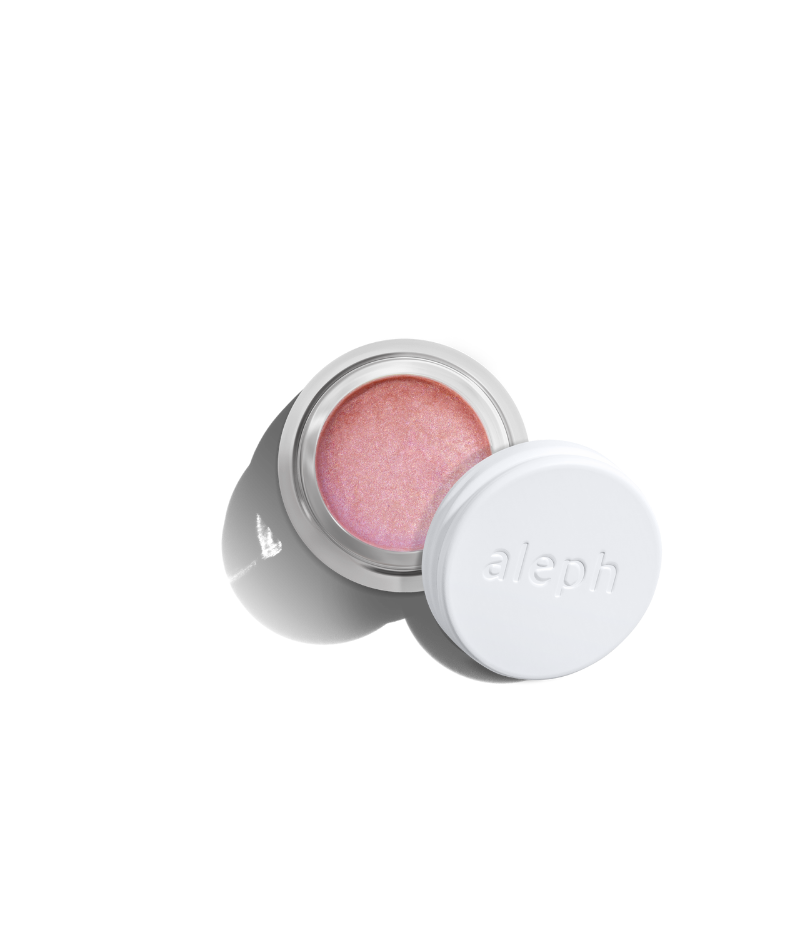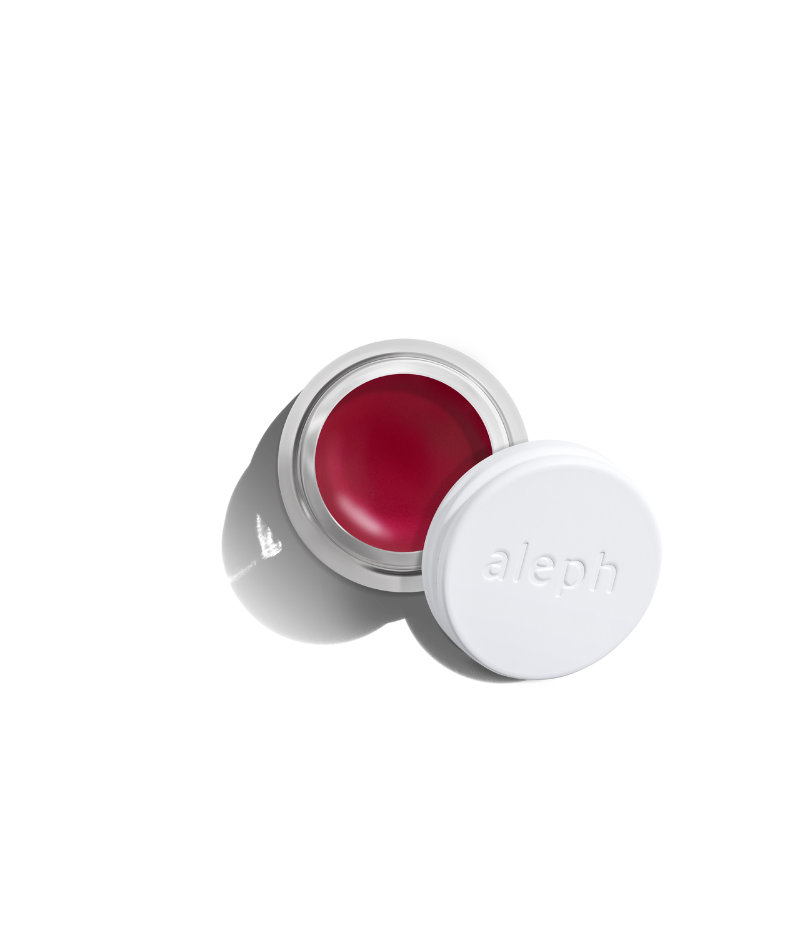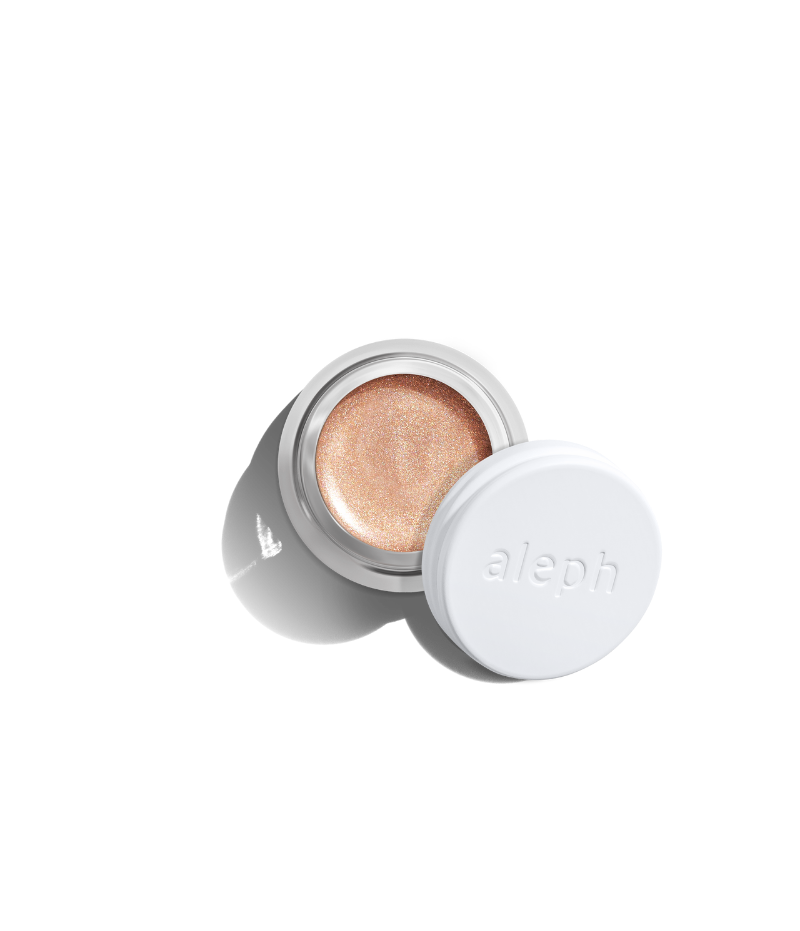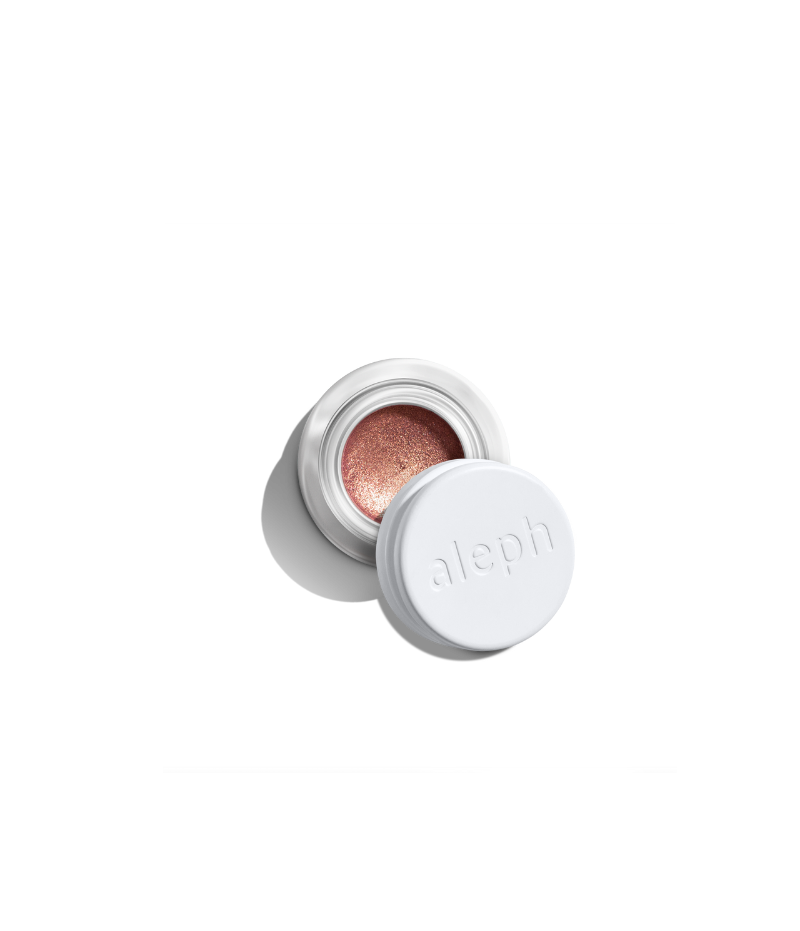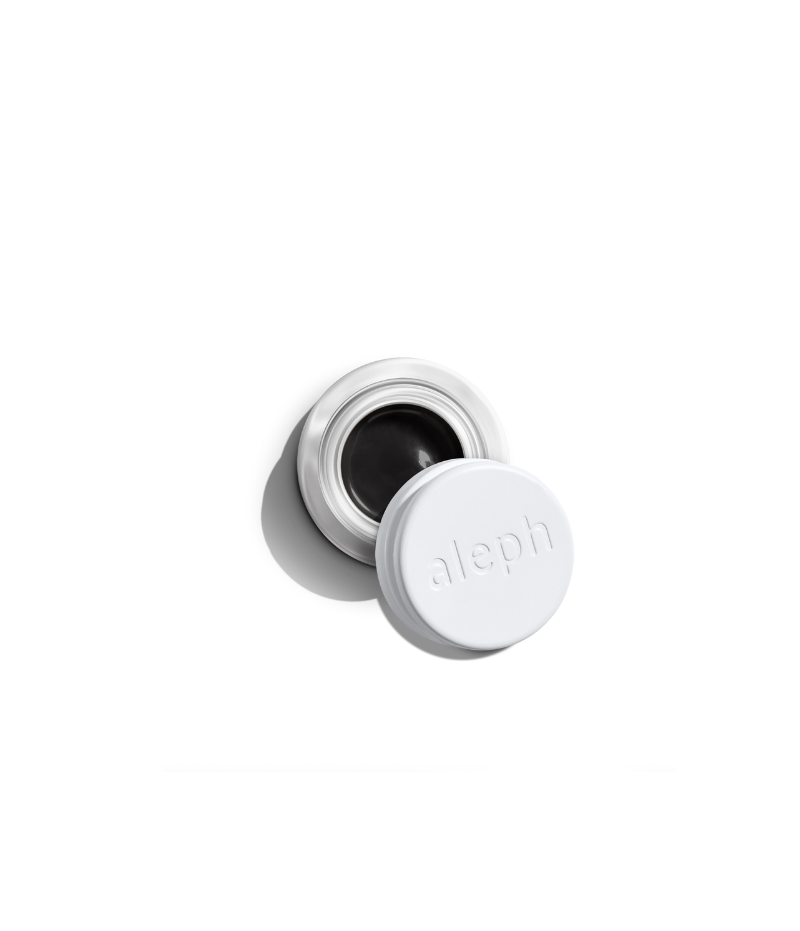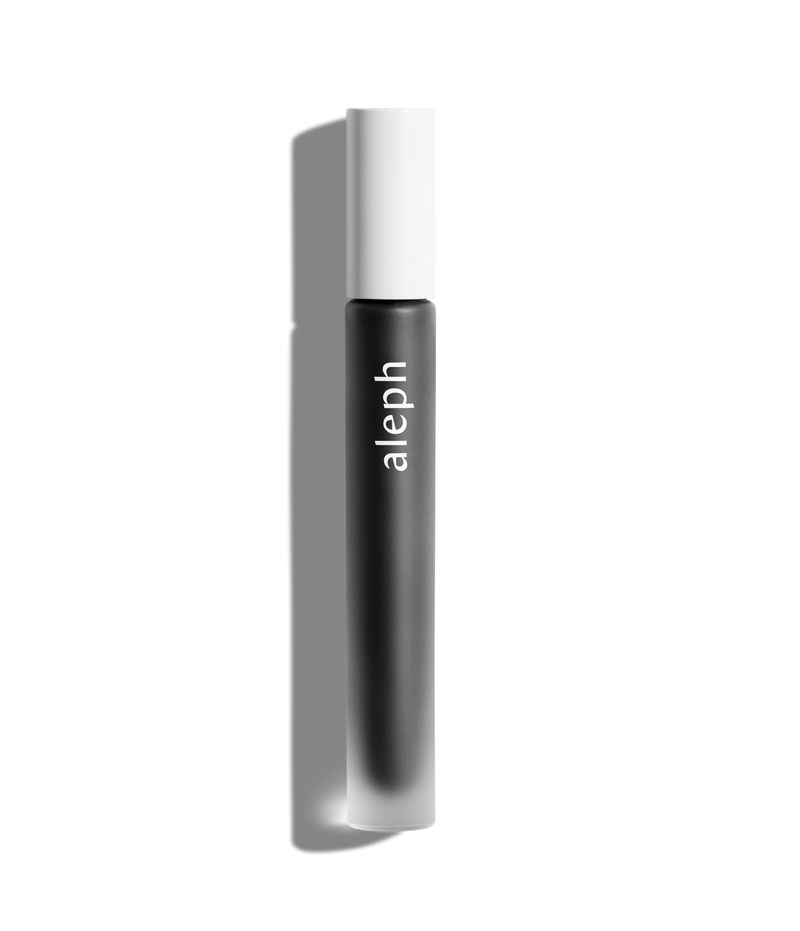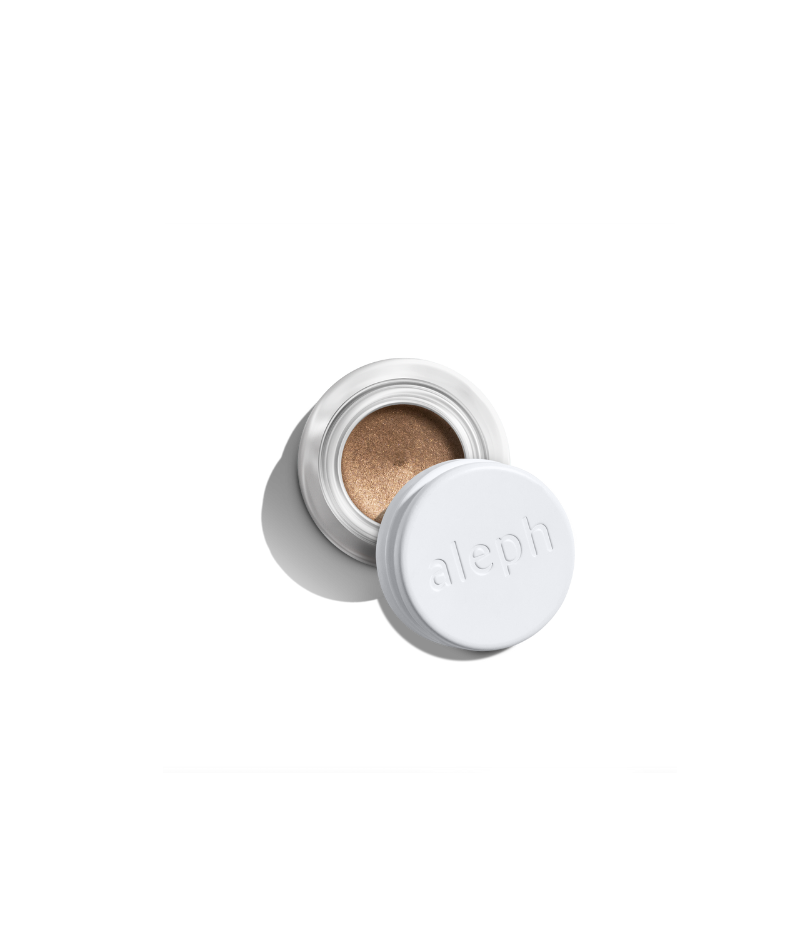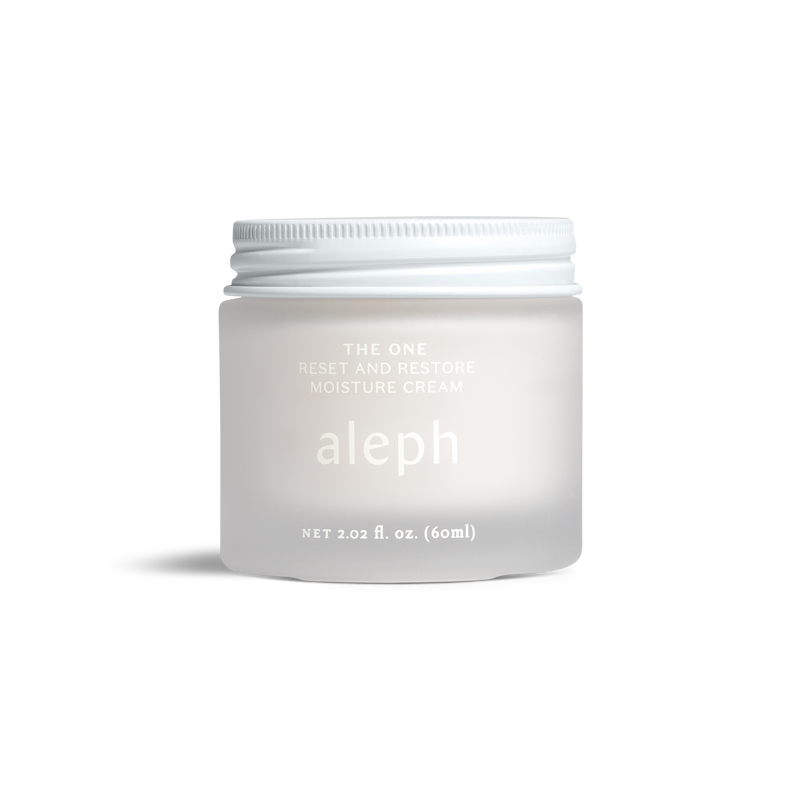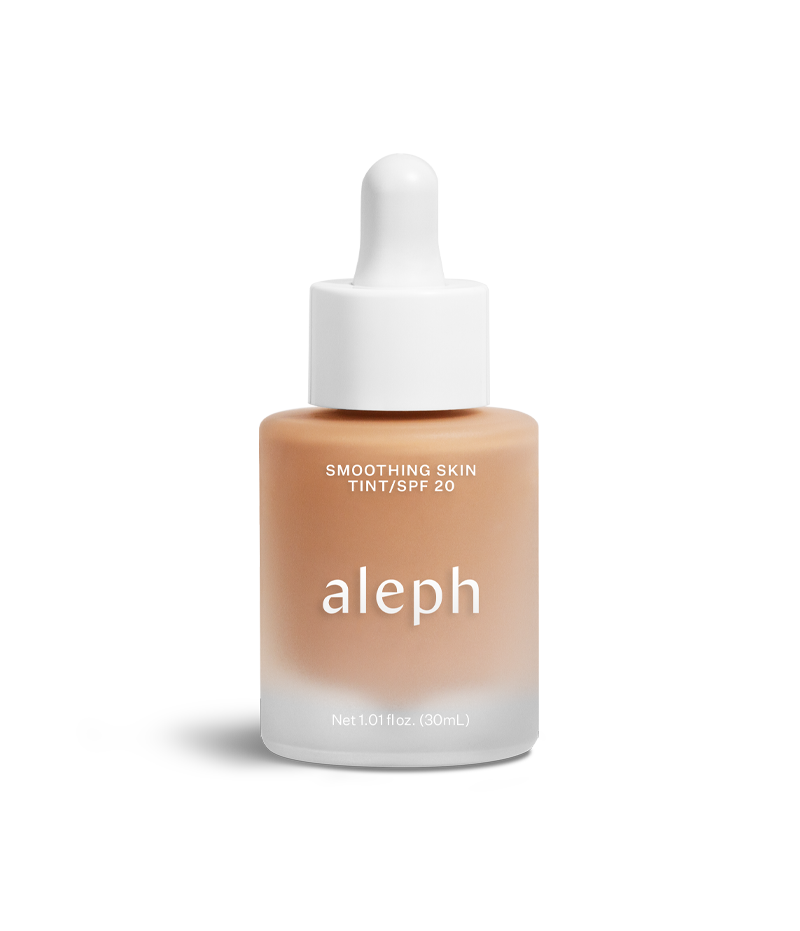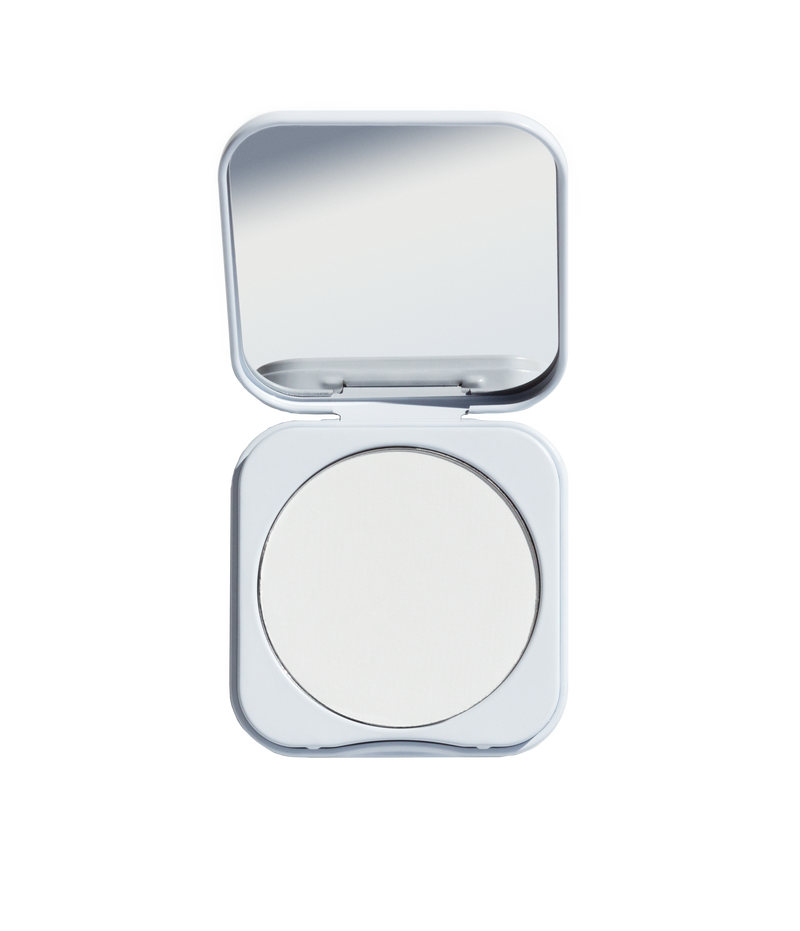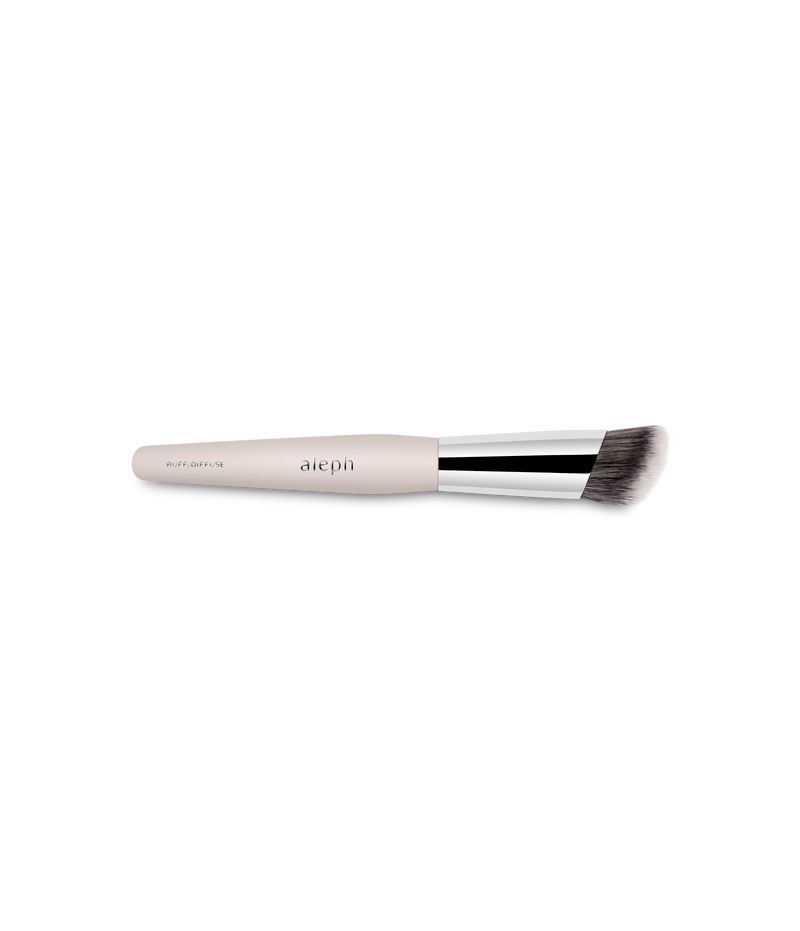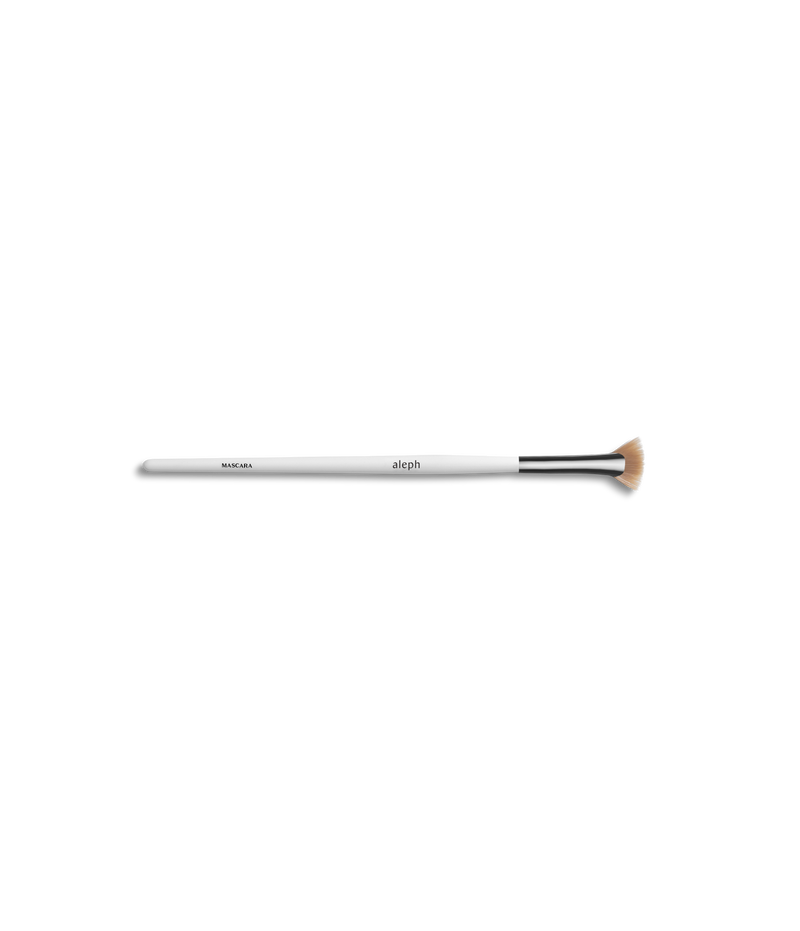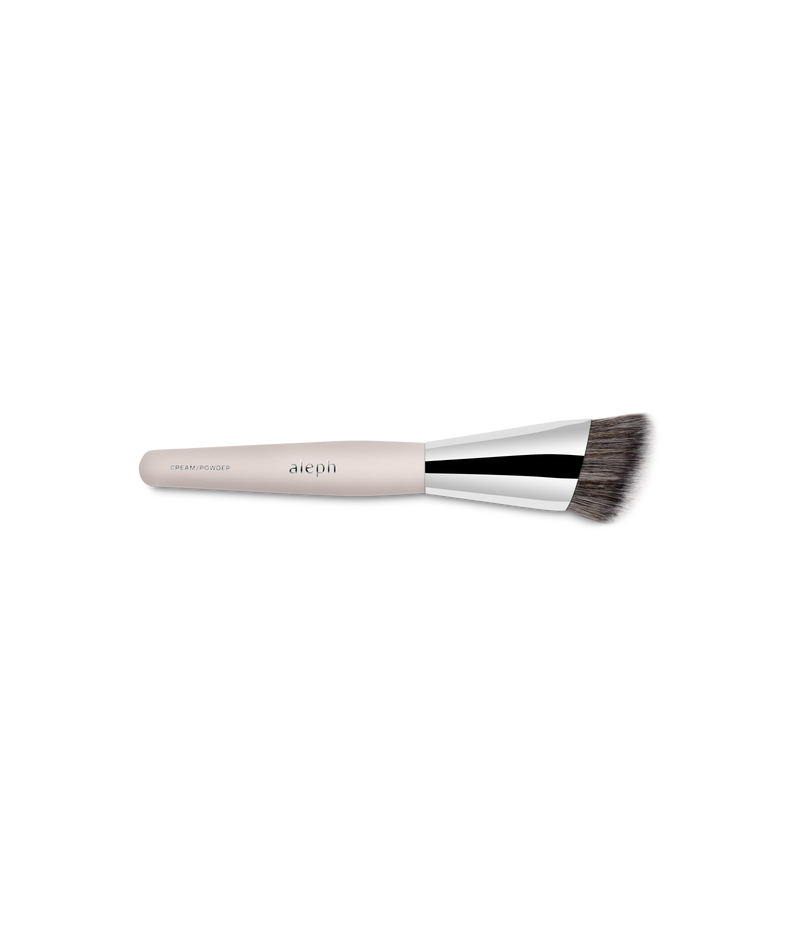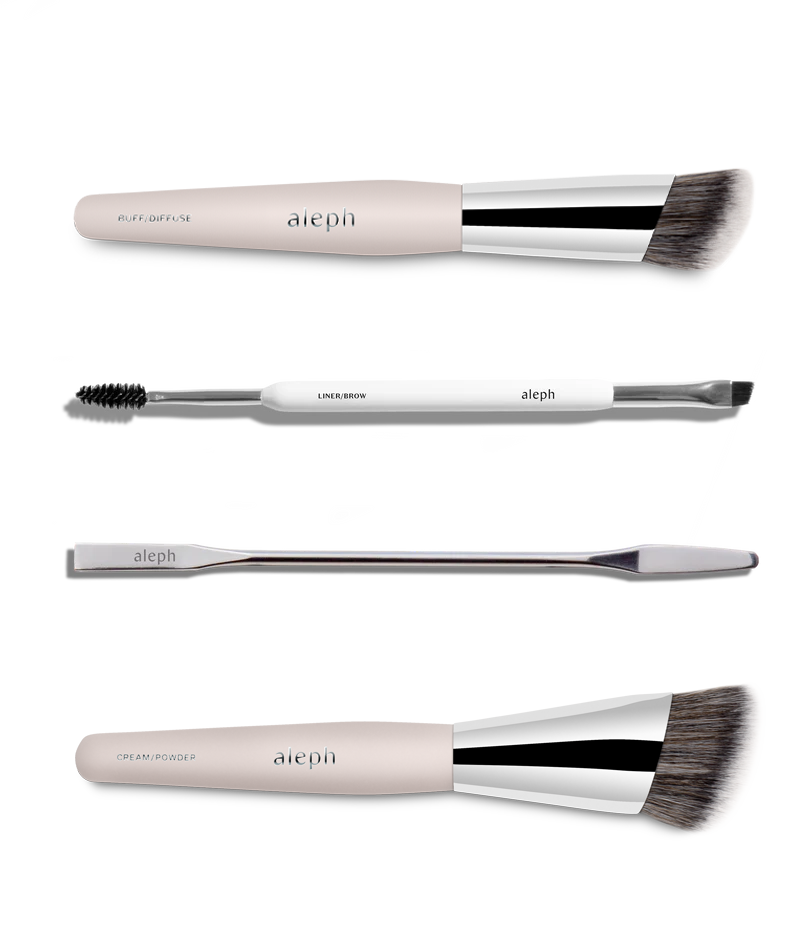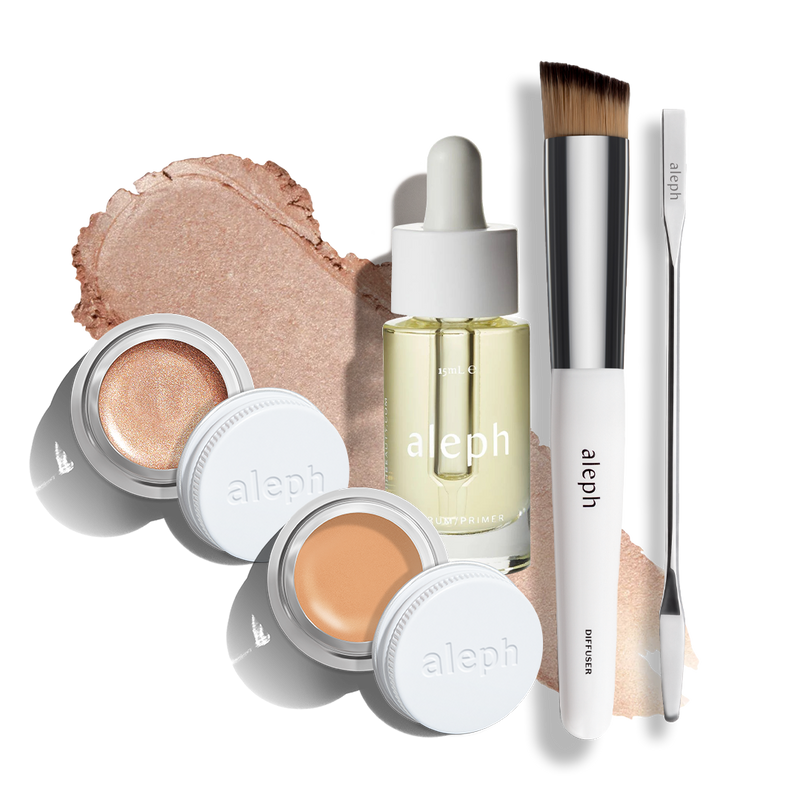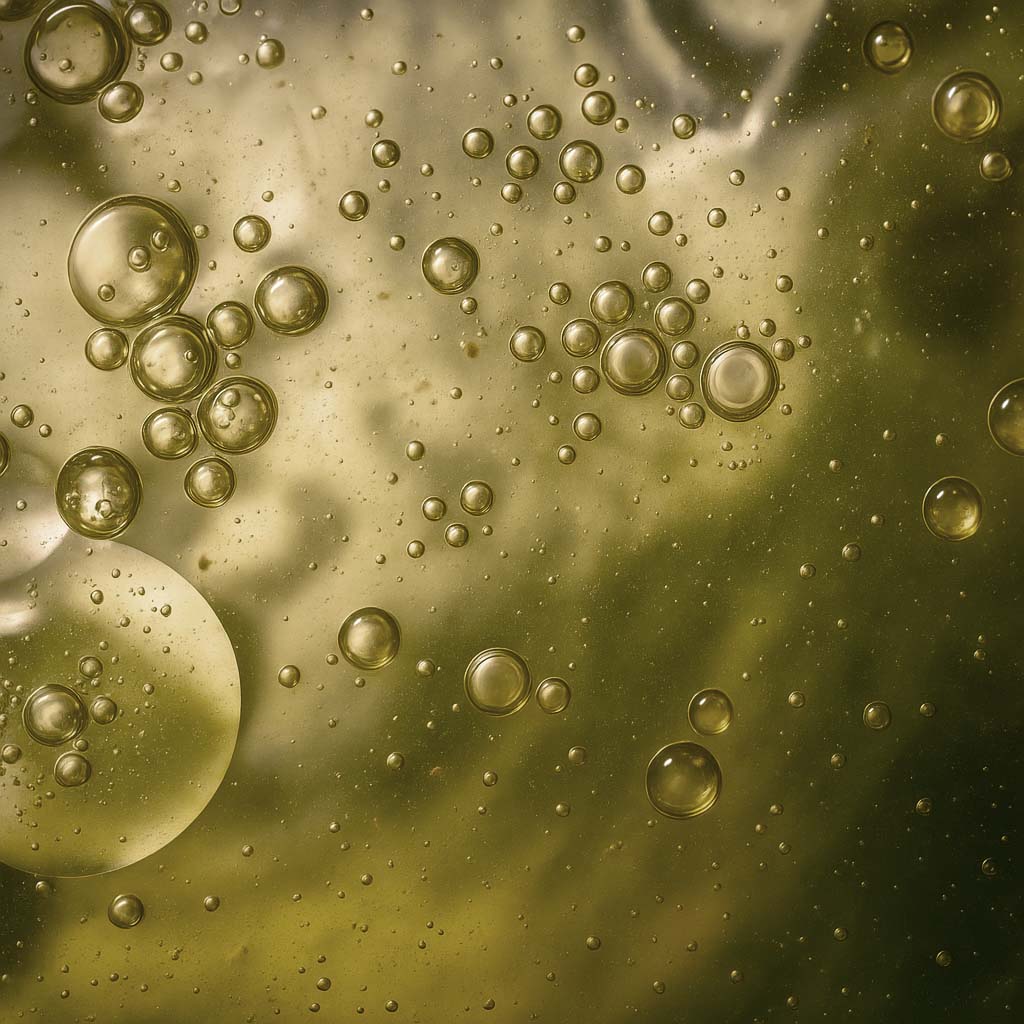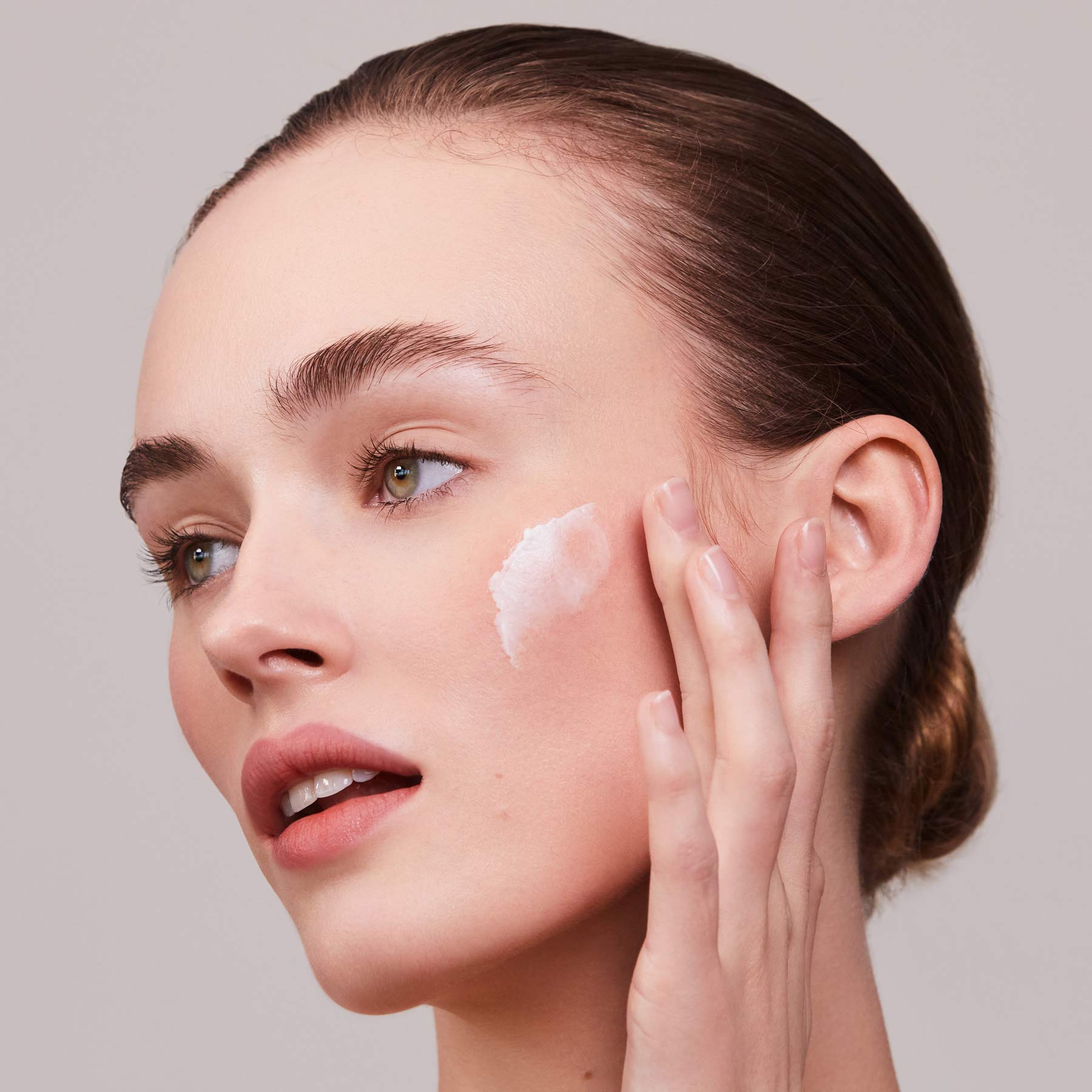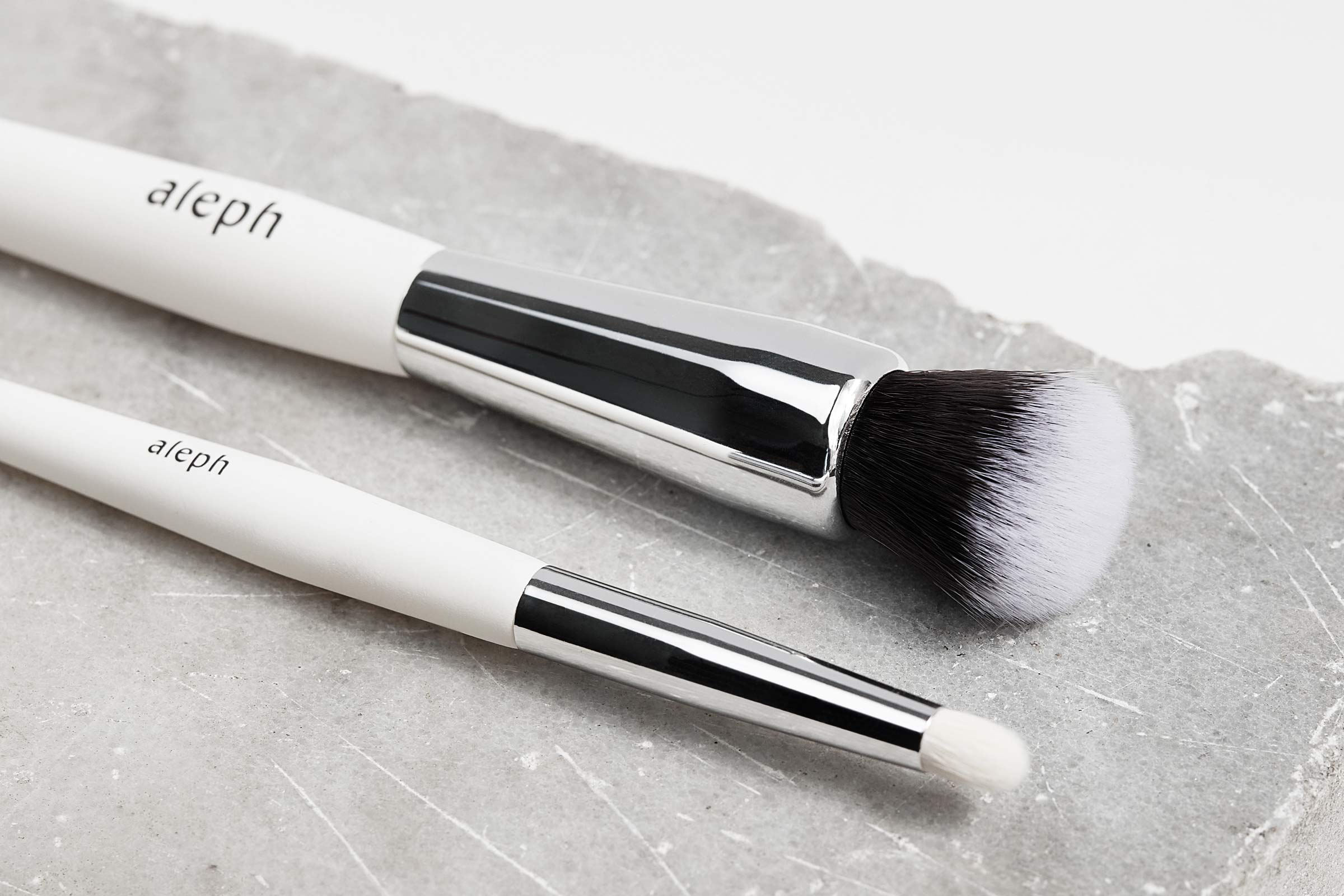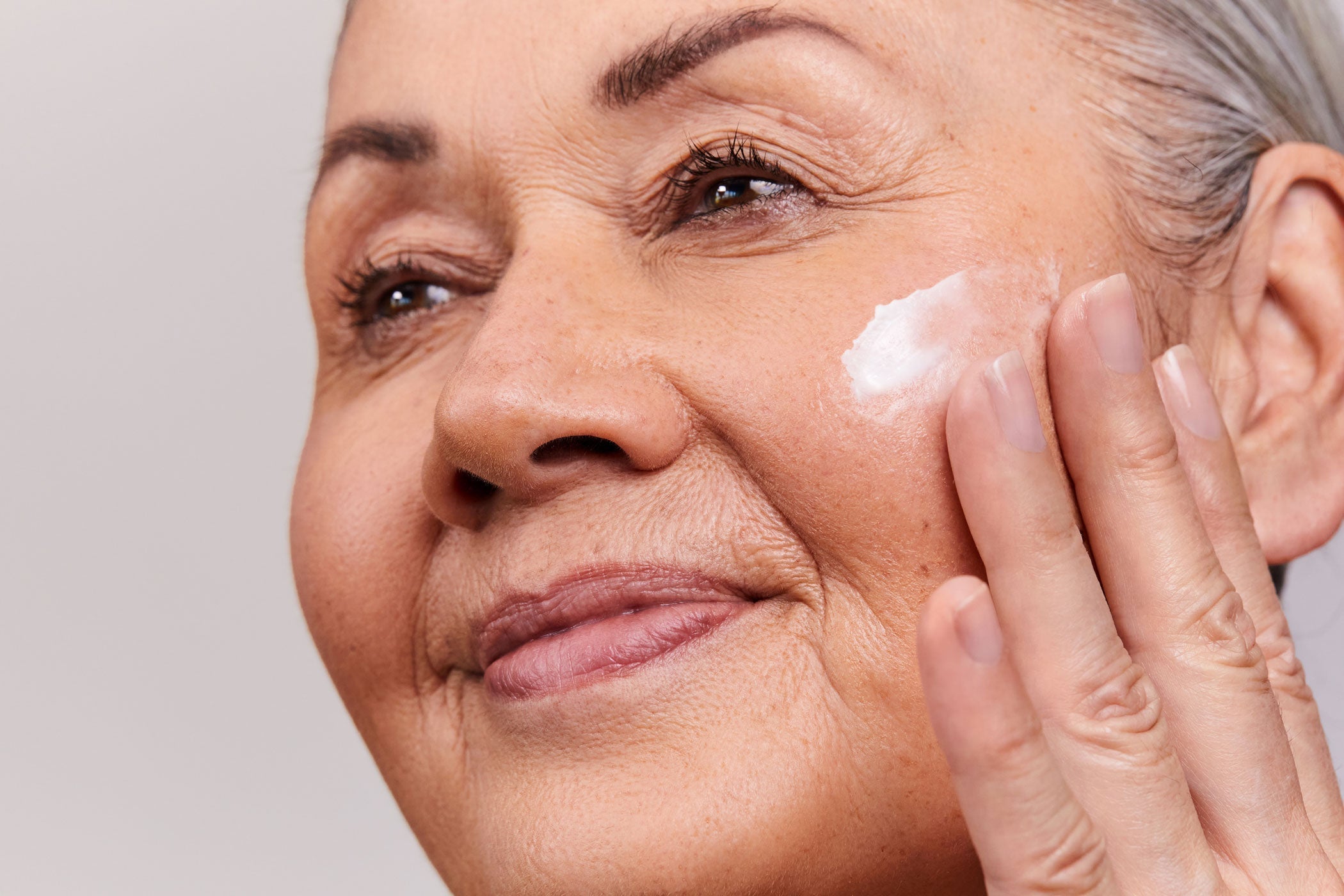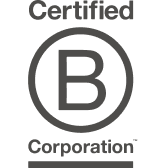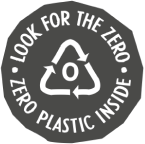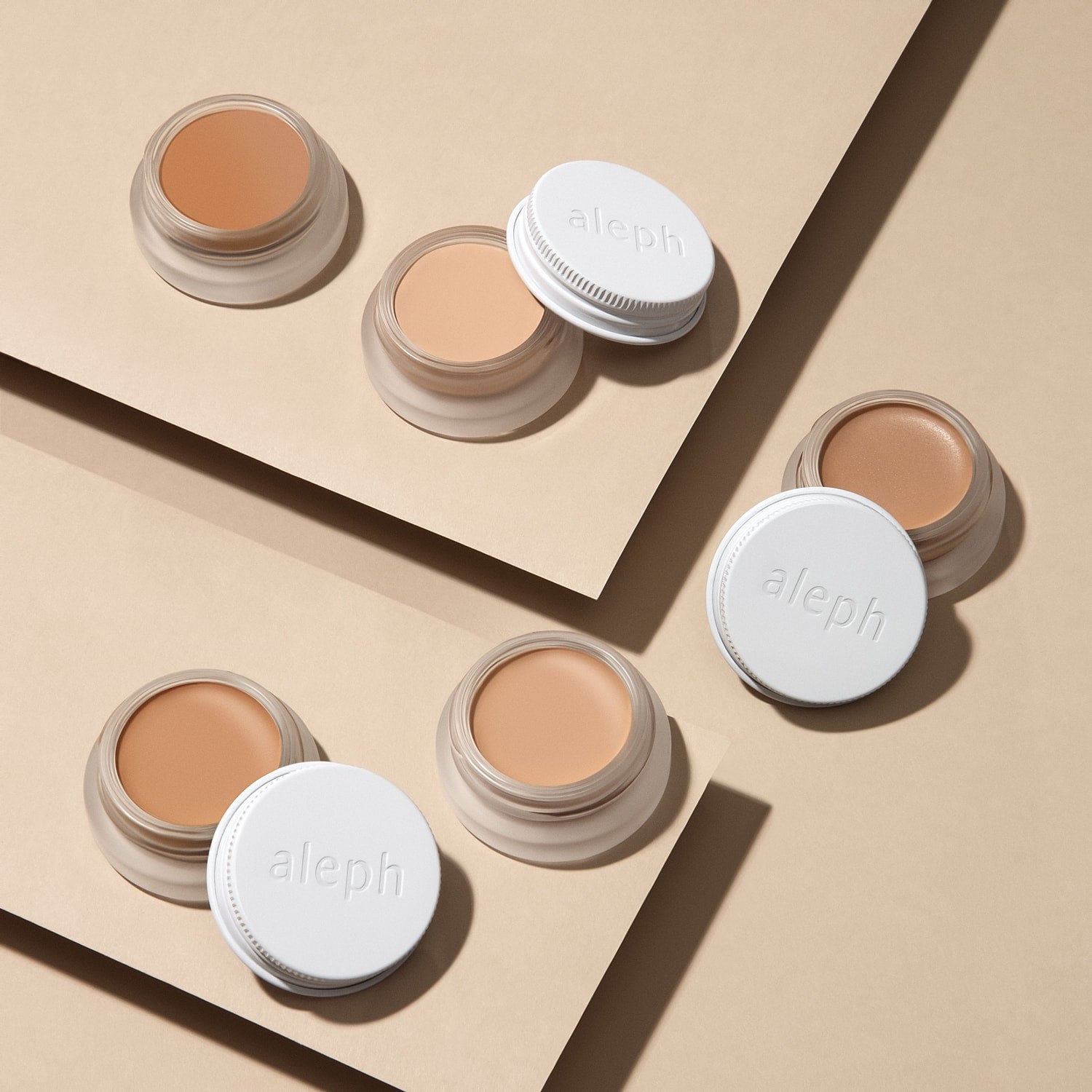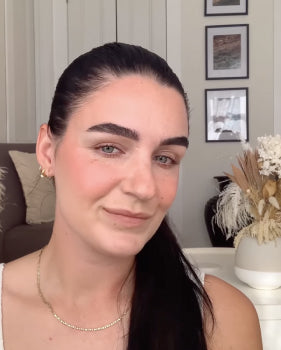In order to hold up our values of being cruelty free to humans, animals and the planet, there are certain ingredients and sources we avoid.
These are the ingredients we avoid. This list is not exhaustive, and is subject to change. Check back for the most current list.
No Animal Derived Ingredients
Aleph products are vegan and tested on humans, not animals.
No BHA (butylated hydroxyanisole)
Usage: Preservative
Concerns: Known carcinogen, endocrine system disruptor, respiratory irritant
Recommendations: Avoid products containing BHA.
No BHT (butylated hydroxytoluene)
Usage: Preservative, synthetic antioxidant.
Concerns: Potential irritant, allergen, endocrine system disruptor, and carcinogen.
Recommendations: Avoid products containing BHT, particularly in lip products that may accidentally be ingested.
No 1,4-Dioxane
Usage: Chemical byproduct that is formed when Ethylene Oxide is mixed with commonly used ingredients in beauty formulations. Found in sudsing products like soaps, shampoos, bubble baths, and shower gels.
Concerns: Potential carcinogen, general irritant, may cause organ toxicity.
Recommendations: Avoid products containing these ingredients: “PEG” followed by a number, Polyethylene glycol, Polyoxyethylene, and ingredients ending in “eth” and “xynol.”
No Chemical Sunscreens (Octinoxate, Oxybenzone, PABA, Octyl-Methoxycinnamate)
Usage: Chemical UV filters found in sunscreens, lipsticks, nail polish, and hair dyes.
Concerns: Multiple negative effects on the human body including hormone disruption, cell damage, and organ system toxicity. Detrimental to coral reefs.
Recommendations: It is a common misconception that strong chemicals are needed to properly protect skin from the sun. This is not true, and many people are unaware of the dangers of chemical sunscreens. Choose UV filtering products with non-nano zinc instead.
No DEA, TEA, MEA, ETA
Usage: “Ethanol Amines” used as pH balancing agents or emulsifiers, found in household products and cosmetics.
Concerns: Known carcinogens, linked to accumulation in the organs and organ system toxicity, potentially disrupting male reproductive health.
Recommendations: Avoid products containing Diethanolamine (DEA), Triethalomine (TEA), Monoethanolamine (MEA) and Ethanolamine (ETA).
No Formaldehyde
Usage: Formaldehyde is not often directly listed on product labels because it is formed as a byproduct of several preservatives.
Concerns: Known carcinogen, allergen, and irritant that may cause immune system toxicity.
Recommendations: Avoid products containing Ormalin, Formic Aldehyde, Metaldehyde, Methanal, Methyl Aldehyde, Ocomethane, and Oxymethylene.
No Nano Particles
Usage: Classified as particles 1 to 100 nanometers in size (1/8000 the width of a human hair), nanoparticles like titanium dioxide and zinc oxide are used as UV filters in sunscreen.
Concerns: There is limited data on the safety of nanomaterials when absorbed through the skin and filtered through the environment. There is some evidence that the smallest nanoparticles can cross the blood-brain barrier.
Recommendations: Be aware of products containing Fullerenes, Micronized zinc oxide, Nano zinc oxide, Micronized titanium dioxide, Micronized quartz silica.
No Parabens
Usage: Preservative commonly used in personal care products containing high quantities of water such as shampoos, conditioners, lotions, cleansers, and scrubs.
Concerns: Known carcinogens, endocrine system disruptors, potential reproductive system toxicity.
Recommendations: Avoid products containing Ethylparaben, Butylparaben, Isobutylparaben, Isopropylparaben, Methylparaben and Propylparaben
No Perfluorinated Compound (PFASs or PFCs)
Usage: Solvents that are widely used across the cosmetics industry as well as a multitude of other industries.
Concerns: These “forever chemicals” are both bio-accumulative and persistent. They are linked to many health problems such as obesity, cancer, hormone disruption, and organ toxicity as well as detrimental environmental impacts.
Recommendations: Avoid products containing any Perfluoroalkyl and Polyfluoroalkyl Substances
No Petroleum Petrolatum or Paraffin
Usage: Derived from petroleum and often used as a moisturizing agent in lotions and cosmetics.
Concerns: These ingredients are byproducts of petroleum refining and are often unsustainably sourced. When improperly refined, they can be contaminated with potentially carcinogenic compounds called PAH (polycyclic aromatic hydrocarbons).
Recommendations: Avoid products containing Petrolatum, Petroleum jelly, Paraffin oil, Mineral oil
No Plastics (including Microplastics)
Usage: The issue of plastics in cosmetics reaches beyond the obvious (and now banned) micro-bead. Microplastics in liquid form are abundant in cosmetics, creating long-wearing films and texturing agents.
Concerns: Plastics are complex mixtures of chemicals, some of which are hazardous to environmental and human health. They are not biodegradable, and thus are very difficult to remove from the environment.
Recommendations: Avoid products containing Polyethylene (PE), Polypropylene (PP), Polymethyl methacrylate (PMMA), Nylon (PA), Polyurethane, and Acrylates Copolymer.
No Pthalates
Usage: Prolong the scent of fragrances, add chip resistance in nail polish.
Concerns: Phthalates are possible carcinogens and endocrine disruptors. There is some evidence suggesting that Pthalates cause birth defects as well as fertility issues.
Recommendations: Avoid products containing Pthalates, DBP, DEHP, 1,2 Benzenedicarboxylate, and Dibutyl/Diethyl Ester.
No Silicones (Dimethicone, Methicone, Cyclopentasiloxane, Cyclomethicone, others ending ending in “one”)
Usage: Makes products smooth and slippery.
Concerns: At best it is benign, offering no real benefit to skin, and at worst it can be occlusive, trapping moisture and leading to dryness and irritation.
Recommendations: Because silicones are often used as inexpensive fillers to enhance texture without providing benefit, choose products without silicones that contain nourishing ingredients instead. Aleph rejects silicones and embraces alternatives with proactive skin benefits.
No Synthetic Fragrance
Usage: Added for scent.
Concerns: High potential for allergic reactions and skin sensitivity. Additionally, this category of chemicals is vague and unregulated, and may contain numerous harmful allergens and irritants.
Recommendations: Choose fragrance-free, or products with no added fragrance.
No Toluene
Usage: Solvent and paint thinner, frequently used in nail polish and hardeners as well as some fragrances.
Concerns: Linked to neurotoxicity, immune system toxicity, and potentially linked to leukemia and bone marrow issues.
Recommendations: Avoid products containing Toluene, Toluol, Methylbenzene, and Phenylmethane.
No Unethical Mica
Usage: ‘Mica’ refers to a group of minerals that provide sparkle, shimmer, and glow to cosmetic products.
Concerns: Unfortunately, much of the vast mica mining industry is corrupt, illegal, and relies upon child or slave labor.
Recommendations: Aleph sources mica … what do we do better?
References:
Campaign for Safe Cosmetics, https://www.safecosmetics.org/
Bead the Microbead, https://www.beatthemicrobead.org

 BACK
BACK